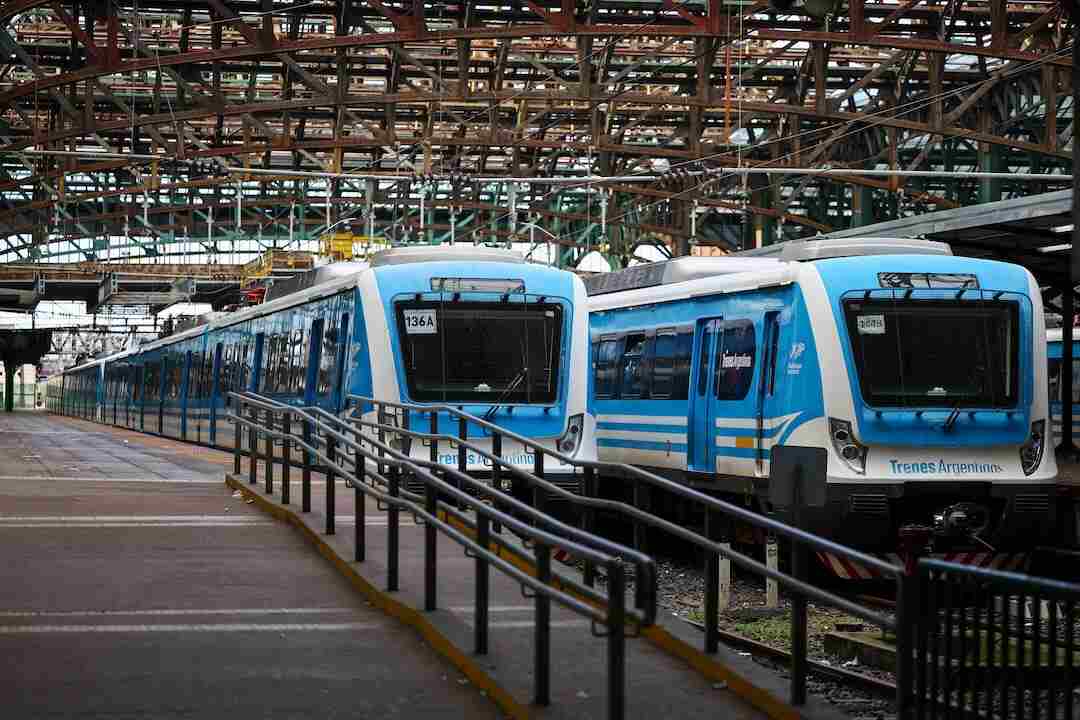On Thursday, the central Constitucion railway station in the city was closed. Transportation in Argentina has been significantly delayed by a national strike against cuts to public spending.
In Buenos Aires and other regions of the country, trains and metro services have been suspended, and all domestic flights have been canceled.
In the capital, many stores stayed closed, although bus drivers kept working. International flights would proceed according to schedule, with just minor delays, according to airlines.
Powerful unions in Argentina have called for a nationwide strike three times since President Javier Milei took office at the end of 2023.
About 20,000 people were impacted by the 258 flights that the national carrier, Aerolíneas Argentinas, announced were canceled.
The administration has since implemented strict austerity measures in an effort to combat hyperinflation. So far, his strategy has been successful, bringing inflation down from above 200% to roughly 60% annually. However, the most vulnerable members of society, including as low-wage workers and pensioners, have been impacted, according to the unions.
Milei has liquidated government offices, sacked tens of thousands of public employees, and cut transportation, gasoline, and energy subsidies. Buenos Aires resident Horacio Bianchi, a retired teacher, told the Associated Press news agency that many were suffering because they “don’t have enough money to eat.”
Workers participated in a weekly protest on Wednesday, which was organized by pensioners who have had their pension amounts cut. Their demonstrations have descended into violence in recent weeks as police and sympathetic groups, including football fans, have battled.
As the Argentine government awaits the approval of a fresh $20 billion (£15.4 billion) loan from the International Monetary Fund, the protest action has taken place. The country currently owes the IMF $44bn.
– Deeprows News

